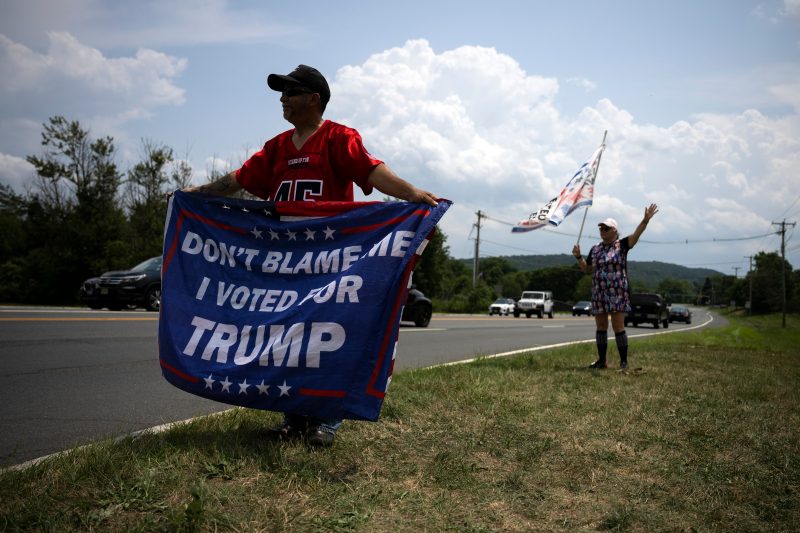
Trump Shooting: Will America’s Discontent-Driven Politics Persist?
The political atmosphere in the United States has always been a breeding ground for power clashes and ideological upheaval. However, the stakes were immensely heightened during the Trump presidency, which would be cited as one of the most polarizing in recent history. In particular, the Trump shooting incident underline the bitterness and rage that characterizes much of American politics today. The discussion that follows analyzes the persistent narrative of grievance politics and its significant aftermath in the United States.
Despite the end of the Trump era, the potency of grievance politics would appear not to have dwindled. What’s more, this rhetoric, which is fueled by maintaining a sense of being wronged, disenfranchised, or neglected, is likely to steer future elections and political discourse.
At the heart of this temperament is a deep-seated sense of loss or exploitation, whether substantiated or not, that has morphed into an aggrieved attitude toward politics. Many Trump supporters cultivated a conviction of being left behind economically, bypassed by cultural change, or dismissed by ‘elitist’ liberals.
Grievance politics is nothing new in America. It has been at the heart of powerful populist movements dating back to the nineteenth century. However, in the age of Trump, it was transformed into a defining feature of American politics – one that leaves a fractured and increasingly polarized country. Discontentment was channeled into political action, often leading to reactionary politics, and the Trump shooting added fuel to an already blazing fire.
It is essential to recognize that the social issues inflaming grievance politics span far beyond the political right. Many grievances are often grounded in legitimate frustrations as diverse communities, including the minorities, are angered by systemic failures of justice, economic disparities, and marginalization. It is this shared sense of grievance that sees polar opposite sides of the political spectrum ironically united in their frustration.
Across the nation, powerful negative emotion continues to deplete the prospects of constructive political discourse. The political battles of the next few years are likely to be fought more on the terrains of perceived cultural slights and personal grievances than on policy matters or visions for the future of the nation.
However, this critical situation has the potential to bear significant risks. When politics are driven by aggrievement rather than coherent policy, it is very likely that political biases and complaints eclipse structural policy debates and solutions. As a result, the country may face an increasingly fragmented national identity and toxic political discourse, with tangible consequences for democracy and
